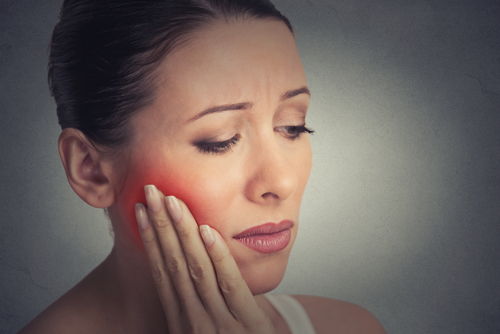If there is one thing you need to avoid after a tooth extraction, especially wisdom teeth, is a dry socket. Not only are dry sockets bad for your oral health and prevent the rebuilding of your gums, but they also cause unbearable pain.
What Are Dry Sockets?
A dry socket comes from improperly allowing your extraction wounds to heal. It forms in the area where a tooth has recently been extracted. After the initial procedure, a blood clot forms in the hole where the tooth once was as it waits to be replaced by growing gum tissue. A dry socket forms when the blood socket is prematurely moved or loosened, exposing the nerves and jawbone, causing severe sensitivity and pain.
How to Prevent Dry Sockets
Less than 5% of patients get dry pockets, usually due to proper preparation by the dentist and care by the patient. The most common cause of dry sockets it too much suction just after the procedure where a blood clot is the only thing protecting your wounds. The best way to prevent suction from removing the blood clot is to avoid smoking, drinking out of straws or spitting. You may be tempted to have a milkshake or smoothie after the procedure due to the inability to chew, which is fine, just avoid using straws and eat your shake with a spoon. The cold beverage will give your gums that cooling relief they need.
Do You Have Dry Sockets?
The pain alone should be a good indicator of the status of your wounds. Keep in mind that in the first couple of days you may be feeling more pain than usual from the actual extraction. If you continue to feel pain after 3 or 4 days, it is probably not from the extraction, but from a dry socket and you should visit your dentist immediately. Another way to tell is by looking in the mirror. It should be fairly clear that there is no blood clot, but instead a clear view of your jaw bone and oral nerves.
How To Treat Dry Sockets
Fortunately, dry sockets are fairly easy to treat. As previously mentioned, you should visit your dentist as soon as you suspect having a dry socket in order to prevent infection that may lead to more tooth extractions. Your dentist is likely to give you a protective gel to cover the area and suggest taking pain relievers until it has properly healed.
If you are in need of a tooth extraction or suspect you may have a dry socket, contact Greenspoint Dental in Houston, Texas to get evaluated and treated.

